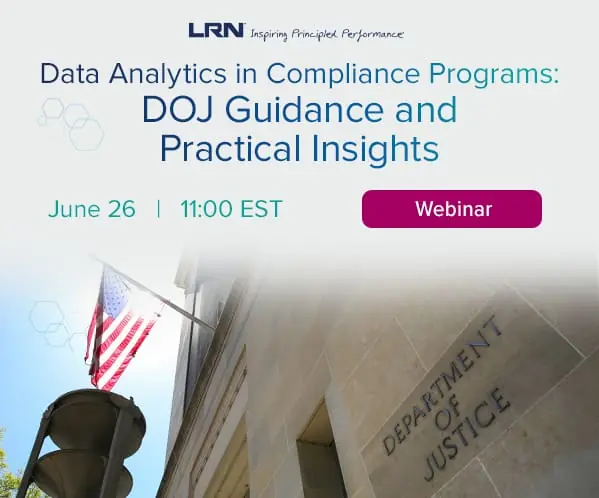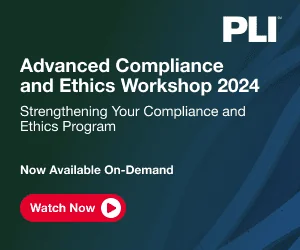A “Call” to Arms for Banks
In the wake of growing and complex financial legislation, many banks and financial service companies in the U.S., Europe, and Asia have been looking to ensure the activities of their traders and contact centers are compliant with these regulatory requirements. However, call recording compliance is a cumbersome regulation; noncompliance can cost banks and financial institutions hundreds of thousands or even millions of dollars. When it comes to resolving the issue, technology and automation are your best tools in battling for call recording compliance.
In today’s heavily regulated business environment, financial institutions must comply with a variety of laws and requirements to remain insured and avoid costly — and embarrassing — penalties.
In the wake of recent U.S. financial legislation such as the Dodd-Frank Wall Street Reform and Consumer Protection Act, many banks in the U.S. — as well as in Europe and Asia — have been looking at how best to monitor and control the activities of their traders and contact centers to ensure they’re complying with all regulatory requirements.
Banks in the U.S., for instance, are required to record every one of their transactions, such as the orders they take from customers over the phone when buying or selling a stock. Banks must record those calls as proof they actually did what the customer requested and have not broken any laws.
The cost of this compliance can be considerable. A new survey by professional services firm Duff & Phelps found that financial institutions typically spend 4 percent of their total revenue on compliance, and this could rise to 10 percent by 2022.
That’s high. But the cost of noncompliance is even higher. If they don’t record their calls, banks could be hit with significant fines or even the loss of their license.
So, banks and financial services companies spend millions of dollars on technologies, like call recording systems, for compliance. This technology enables banks to record and safely store all relevant calls.
But, as good as the technology is, problems can and do arise, and questions often linger after calls are completed. Did the call actually get recorded? Did the recording capture all the various participants in the call? Is the recording clearly audible? Does the recording contain actual speech and not just noise?
The recording systems themselves might be working just fine. But when the auditors come and listen to a representative sample of call files, it might turn out that there was a bad connection and, as a result, the recording is inaudible. It might be that the call was garbled because the phone system or UC solution was jittery, rendering the recorded conversation totally incomprehensible. Or maybe the recording system was malfunctioning and the files were not saved properly and are corrupt for a period of time.
To the regulators, it doesn’t matter that the bank recorded the conversation in good faith. If the file is inaudible and unusable, in the eyes of the regulators, that’s the same as the call never being recorded in the first place.
Here, the fines can be astronomical. In Europe, under the General Data Protection Regulation, penalties can reach up to €20 million or 4 percent of a firm’s annual revenue. Fines for noncompliance regularly run as much as $10,000 per infraction. Don’t think it happens? It does, and the last thing anyone wants is to see their company name in the headlines of the financial news. Think about the additional cost of brand damage associated with that type of negative press coverage.
Still not worried? Consider that, typically, if one recording is bad, many others are, too. A financial services company, for instance, can have thousands of people on the phone at the same time taking orders and executing transactions. So, if there is a glitch in the phone system that caused a problem for 5,000 people over a period of 15 minutes, just imagine how many calls the glitch may ultimately have impacted.
If the bank discovers they had a problem, they are required by law to document the incident in a complete compliance report that can take hours or days to compile involving many people and many data sources across all the systems involved in the call recording solution.
When the auditors come knocking, firms must provide any requested recorded calls within 60 days. If no calls are presented, fines may be assessed. If the government comes back in six months and there are still problems with the recordings, the institution’s license may be revoked.
To avoid these sorts of nightmare scenarios, many banks, well, bank on Call Recording Assurance. This technology monitors voice quality and checks that all calls that are required to be recorded for legislation and regulatory purposes actually are recorded and that the resulting media file contains audible content.
If a problem is discovered, a good monitoring system will also automatically delve into the network to see what’s going on and help address the issue. Most of the time, it’s not the recording software that’s the problem. Rather, it’s external issues like a bad network connection or a faulty headset or an overload on the servers running the voice system.
If there is a questionable recording, you want to be alerted immediately. A Call Recording Assurance solution can automatically email or instant message key people to alert them to the problem so they can take immediate action.
Call Recording Assurance also eliminates the need for time-consuming manual checking to confirm call recording is working. Currently, many financial institutions have teams of people around the world who are dialing into their call recording systems to spot-check media files manually and ensure they pass muster.
But this is an expensive, labor-intensive approach prone to human error. That’s not the case with a Call Recording Assurance system, which can potentially monitor every single call and do it exponentially faster and with far greater accuracy than humans can.
In today’s highly regulated environment, banks need to know whether all their calls have been recorded and which calls experienced problems and why. They need to ensure that when a call is recorded, it does actually contain audible voices — not hold music or static.
Call Recording Assurance gives banks peace of mind. With it, they can be secure in the knowledge that they’re protecting the business against costly fines and reputational risk — and that is a great return on investment.



 Skip Chilcott is Global Head of Product Marketing at IR. He's a 20+ year veteran of the unified communications and collaboration industry starting in the late '90s with Placeware Web Conferencing. After the Microsoft acquisition of Placeware in 2003, he spent 13 years at Microsoft, involved early with Real-time Collaboration, Unified Communications and Cloud Productivity products and services. Most recently he led go-to-market strategy and execution for Skype for Business in the U.S. He has a passion for helping organizations large and small, to maximize success, effectiveness and growth through the adoption of innovative technology solutions.
Skip Chilcott is Global Head of Product Marketing at IR. He's a 20+ year veteran of the unified communications and collaboration industry starting in the late '90s with Placeware Web Conferencing. After the Microsoft acquisition of Placeware in 2003, he spent 13 years at Microsoft, involved early with Real-time Collaboration, Unified Communications and Cloud Productivity products and services. Most recently he led go-to-market strategy and execution for Skype for Business in the U.S. He has a passion for helping organizations large and small, to maximize success, effectiveness and growth through the adoption of innovative technology solutions. 








